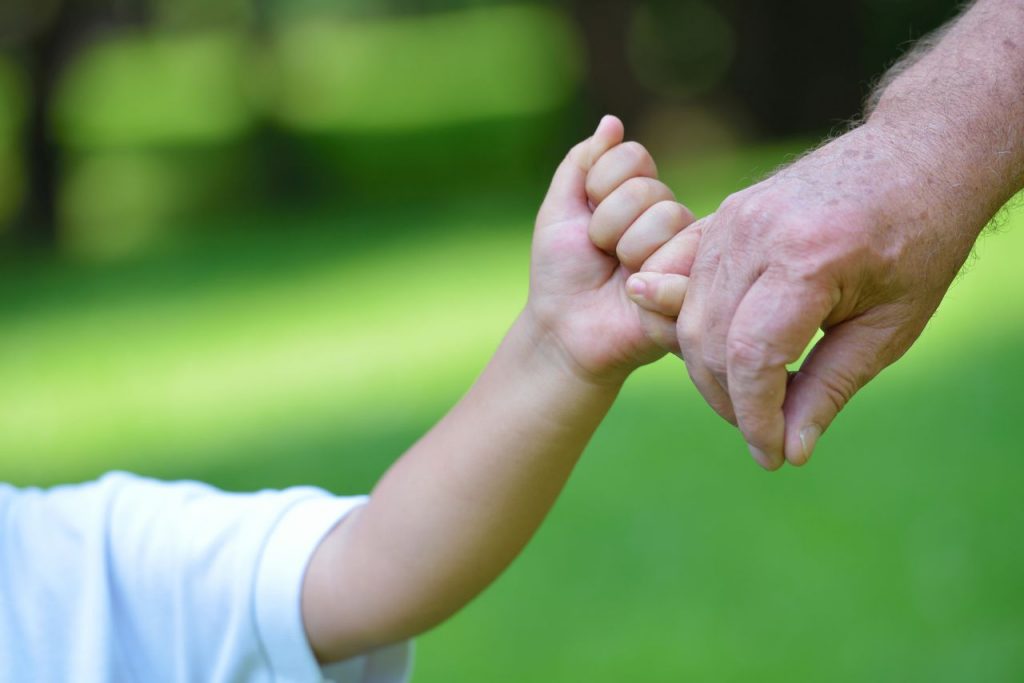
According to part three of Article 181 of the Civil Law of the Republic of Latvia, in addition to parents, the child has the right to maintain personal relationships and direct contact with brothers, sisters, grandparents, as well as other persons with whom the child lived for a long time in an unshared household, if this is in the interests of the child (right to communicate).
From the content and meaning of this norm it follows that not only parents, but also brothers, sisters, grandparents, and other persons have the right to communicate. The circle of other persons mentioned in the norm is not defined, but they may not even be relatives of the child, however, a mandatory condition for the right of communication is a sufficiently long period of residence with the child in an unshared household. For siblings and grandparents, the requirement for long-term residence in an unshared household is not specified by law.
This means that adult brothers, half-brothers, half-sisters, grandparents, great-grandparents of a minor child, in the event of a dispute, have the right to file a claim to establish their right to communicate with the child, even if they never lived with the child.
However, the right to communication is limited by the condition that maintaining personal relationships and direct contacts must be in the best interests of the child. In addition, the right to communication is, first of all, a child’s right, and not his responsibility.
Thus, contact of a child with persons who are not the child’s parents, but with whom the child has developed close family relationships, similar to contact with parents, is possible if this does not contradict the interests of the child. In addition, the best interests of the child are determined on a case-by-case basis, taking into account the child’s personal needs, age, health, level of mental and physical development and other aspects that need to be determined, including by listening to the child’s views.
Part one of Article 182 of the Civil Law of the Republic of Latvia provides that in the event of a dispute, the procedure for using the right to appeal is established by the court, requiring the conclusion of the Orphan’s court.
A person whose right to communicate with a child has been violated has the right to file a claim in court against the person with whom the child lives to establish communication with the child, proposing his own version of communication with the child (time and frequency of communication, method of organizing communication, place of communication , establishing responsibilities for each party, maintaining communication and communications between the parties during communication, etc.).
The court, if this is in the interests of the child, may limit the right to communicate with the child, and if necessary, may determine that meetings with the child can only be carried out in the presence of a contact person or in a certain place recommended by the Orphan’s Court.

